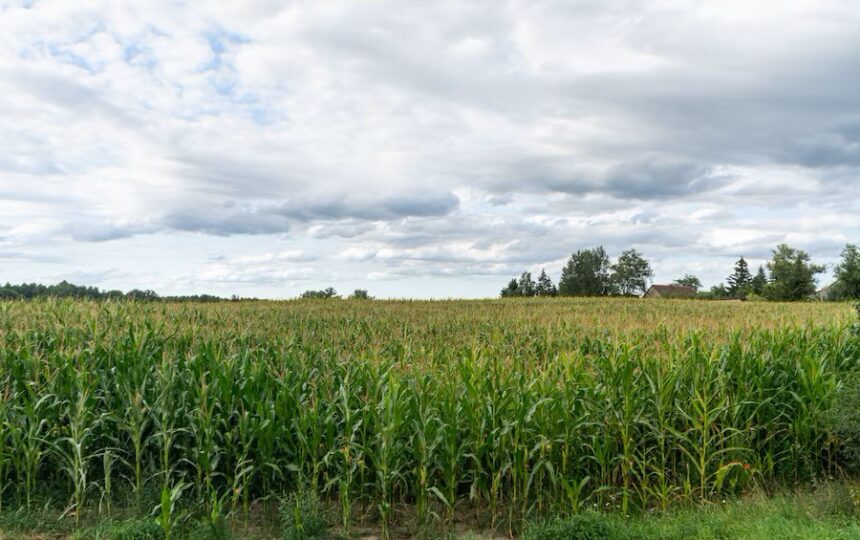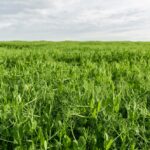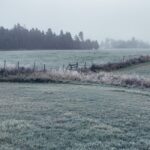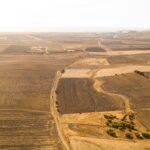South Africa’s agricultural sector is embracing a new wave of innovation with the introduction of drought-resistant maize hybrids, offering a lifeline to farmers grappling with the effects of climate change. These hybrids are specially developed to withstand prolonged dry spells, ensuring consistent yields even in the face of erratic rainfall and rising temperatures.
Maize, being the country’s staple food and a major crop for both subsistence and commercial farming, has long been vulnerable to drought. In recent years, recurring dry conditions have led to significant crop losses, food insecurity, and economic setbacks for rural communities. The development of drought-tolerant hybrids represents a major breakthrough in addressing these challenges.
Agricultural research institutions and seed companies, including the Agricultural Research Council (ARC) and multinational firms like Corteva Agriscience and Syngenta, have collaborated to produce hybrids tailored for South African climates. These hybrids use advanced breeding techniques to combine local adaptability with traits such as early maturity, deep rooting systems, and improved water-use efficiency.
Farmers in drought-prone regions such as the Eastern Cape, North West, and parts of Limpopo have already begun planting the new varieties. Early reports show promising results, with some hybrids maintaining green leaves and strong cob formation even under limited rainfall.
Apart from improving food security, drought-resistant maize also offers financial stability to farmers. Reduced risk of total crop failure means more predictable incomes and greater willingness to invest in inputs such as fertilizers and irrigation systems.
The government, through the Department of Agriculture, Land Reform and Rural Development, is supporting the rollout by subsidizing certified seeds and providing training on climate-smart farming practices. Extension officers are working closely with farming cooperatives to ensure that the new technology reaches even smallholder farmers.
As South Africa continues to face the growing threat of climate change, drought-resistant maize hybrids are emerging as a key solution to sustain maize production and protect livelihoods. With continued support and investment, these innovations have the potential to transform the country’s agricultural landscape and strengthen food resilience for future generations.
Join 'Farmers Mag' WhatsApp Channel
Get the latest Farming news and tips delivered straight to your WhatsApp
CLICK HERE TO JOIN






